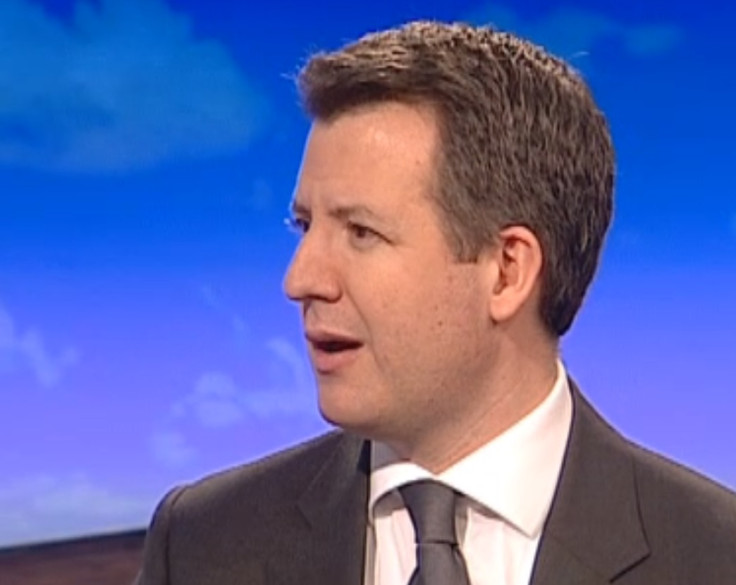Labour's Chris Leslie: Coalition's Public Services Reforms Worse than Pointless

Many of the UK government's reforms are "worse than pointless" because they have ended up costing taxpayers billions of pounds without delivering an improvement in public services, according to Labour's shadow chief financial secretary Chris Leslie.
In a speech, Leslie will highlight the "top-down reorganisation of the NHS" as an example of this, which he claims cost taxpayers £3bn and resulted in 2,600 fewer nurses. He also claims that 3,200 NHS staff were made redundant before being handed new contracts within the health service.
Leslie will also pick out the government's controversial Universal Credit benefits reform, a project hit by IT issues and delays, which he says costs £200,000 per claimant and has had numerous promises broken on budgets and deadlines.
"Reform is worse than pointless if it does not improve the experience of the user and ends up costing money rather than saving money," Leslie will say in a speech at the offices of the Social Market Foundation thinktank.
He will add that "the foundation of successful public service provision is the sound stewardship of public finances" as Labour attempts to re-brand itself as a party of prudence.
This follows its pre-2010 record where built up a staggering structural deficit in public finances equivalent to 11% of GDP, the largest of any developed economy.
It echoes comments by Ed Balls, Labour's shadow chancellor, in which he promised to run a current budget surplus if the party is elected to government in 2015.
"Long-term and sustainable budget savings can only be made if we think and reform public services while delivering standards that people need and expect," Leslie will say.
"We are looking not only at where efficiencies are achievable, but how services could be reconstituted to release the cashable savings that are now required."
In particular, Labour will look at health and social care commissioning, locating crown and magistrates courts together at the same sites, and greater pooling of resources among local councils.
© Copyright IBTimes 2025. All rights reserved.






















